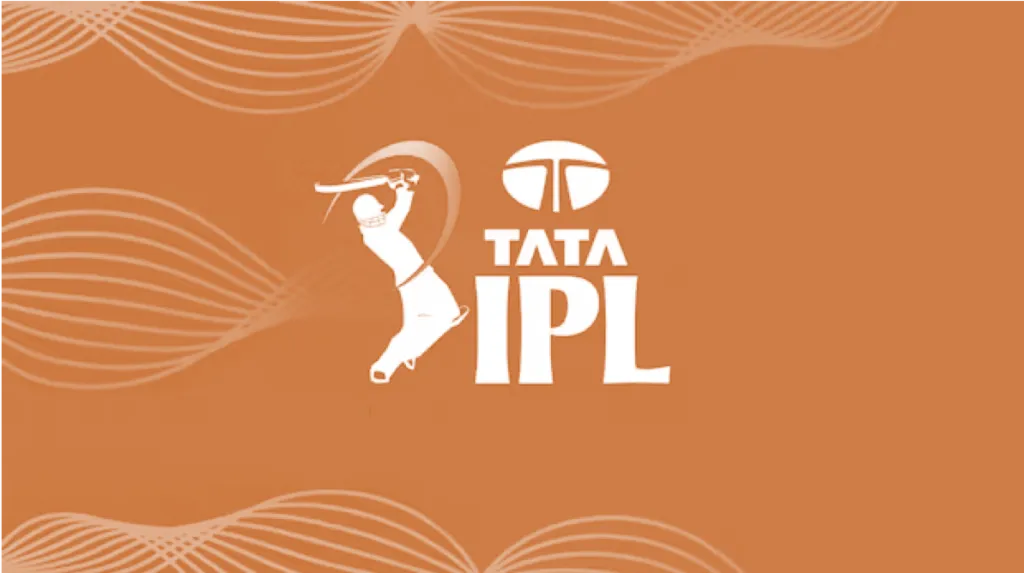The Indian Premier League, widely celebrated for its competitive spirit and entertainment value, has recently instituted stringent regulations aimed at maintaining the integrity of its auctions and overall competition. This initiative is particularly focused on overseas players who might choose to withdraw their participation after securing contracts during the auctions. With clear determinations set forth, the governing body has introduced severe penalties for non-compliance, underscoring the seriousness of these regulations.
Effective immediately, any overseas player who withdraws from the tournament after being purchased at auction will face a two-year ban from participating in the IPL and its associated auction events. This decision stems from overwhelming requests from the ten franchises, all of which expressed their concerns to the IPL governing council during a meeting held in July. The franchises were frustrated with the unexpected withdrawals, as these actions disrupt their carefully laid plans for team compositions and strategies. To safeguard their investments and ensure the competition’s integrity, the governing council resolved to implement these new deterrents.
The IPL has redefined the financial framework as well, introducing changes regarding the maximum price for overseas players in mini auctions. In this context, the maximum bid that can be placed on an overseas player will either be capped at INR 18 crore or at the highest price that player secured during the preceding major auction—whichever is lower. Such measures are designed to standardize pricing and prevent inflated bids that often occur during mini auctions.
The regulation regarding player registration further enhances these protocols. Moving forward, it will be mandatory for overseas players to register for major auctions if they wish to participate in subsequent mini auctions. This is a strategic move to prevent players and their agents from taking undue advantage of the mini auction system, where teams are often willing to pay premium prices to fill specific team gaps. Historical events at recent auctions validate these practices; for instance, the remarkable sales of Mitchell Starc and Pat Cummins at the last IPL auction highlighted the financial frenzy around overseas talent. Starc was inked to Kolkata Knight Riders for a record-setting INR 24.75 crore while Cummins was sold to Sunrisers Hyderabad for a significant INR 20.50 crore. These contracts amplified the demands for regulatory measures like those recently finalized.
The IPL’s two-fold strategy also includes restrictions on player registration. An overseas player will not be eligible for the mini auction unless they register for the now-mandatory mega auction beforehand. The only exception to this rule is if a player suffers an injury or has a medical condition, which must be confirmed by their respective home cricket board prior to the mega auction. This protocol is pivotal in ensuring that franchises can effectively plan their rosters without the fear of last-minute withdrawals.
In relation to financial rules, the IPL has introduced a concept of "maximum fee" applicable for overseas players during mini auctions. The maximum bid permissible during these auctions will default to either the highest retention price of INR 18 crore or the peak price from the previous mega auction—again, whichever number is less. For example, if a player’s highest price during the mega auction was set at INR 20 crore, then the highest permissible bid during a mini auction would be capped at INR 18 crore. Conversely, if the highest price in a mega auction were to be INR 16 crore, then that amount would set the cap for the next mini auction.
Teams participating in the auction process will find the mechanics remain unchanged until a player is sold; however, any amount exceeding the specified cap of either INR 16 or 18 crore will be redirected to the Board of Control for Cricket in India. The incremental funds collected will be earmarked for the welfare of players, contributing positively to the cricketing ecosystem.
The ramifications of these new measures are multifaceted. On one hand, they solidify the framework of competition, ensuring that teams can plan effectively without the anxiety of unexpected withdrawals. On the other hand, these regulations might also recalibrate the valuation of overseas talent in the auction setting. By fostering a sense of accountability among players, the IPL aims to enhance the tournament's overall competitive integrity while addressing the financial dynamics during transitional periods such as auctions.
As these regulations take effect, each franchise will be tasked with adapting their strategies accordingly. The new regulations promise to create a more structured approach to player participation, emphasizing accountability whilst enhancing the competitive ambiance of the IPL. The governing council’s decisions reflect a forward-thinking approach, aimed at preserving the integrity of one of the world’s leading T20 cricket leagues, which not only entertains fans but also drives substantial economic activity in Indian cricket. This development serves as a cautionary tool that discourages opportunistic behavior while supporting the broader welfare of all players involved.
In conclusion, the IPL, through these new rules, is taking notable steps to ensure that the commitment of players aligns with the expectations and investments of franchises. This ensures that the tournament remains a premier event on the global cricket calendar, characterized by integrity, competitiveness, and respect for the sport itself.

